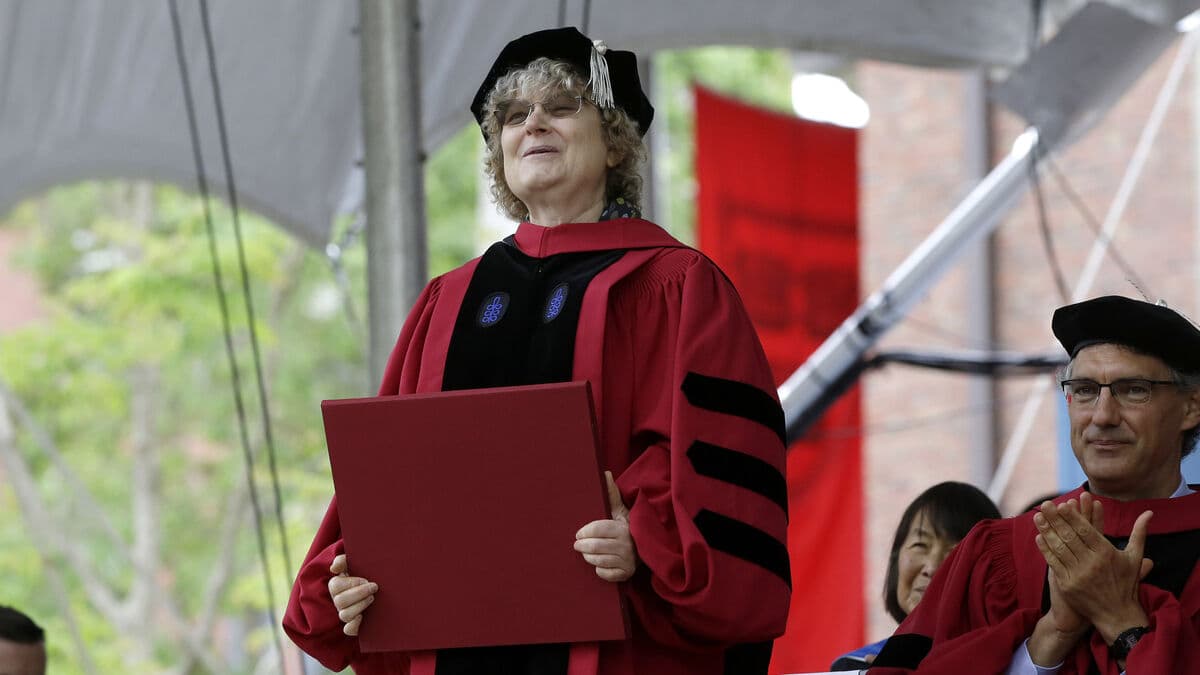The analysis company Clarivate lists every year the most likely winners based on how often they have been cited in scientific journals.
This year, three potential recipients are highlighted, a group of three, a duo, and a single woman.
The trio is Ingrid Daubechies, USA, together with the Frenchmen Stéphane Mallat and Yves Meyer. They are considered, writes Clarivate, to have "revolutionized mathematics and physics" through advances in so-called wavelet theory.
Practically, it can be used in, for example, astronomy where images of the universe need to reproduce both sharp stars and more "blurry" nebulas (gas and space dust).
Quantum computers
The duo David P DiVincenzo, Germany, and Daniel Loss, Switzerland, are highlighted as possible recipients for, roughly simplified, having developed a model that involves electrons in how quantum computers could work.
The quantum computer differs from a classical computer in that it does not use binary information with ones and zeros, but works with ones and zeros at the same time - which means that it can make an enormous number of more calculations at once.
Astrochemistry
If the Royal Swedish Academy of Sciences were to choose to award Ewine F van Dishoeck, it would be the first time a woman alone is awarded the Nobel Prize in Physics. Five women have so far been awarded the Physics Prize throughout history, of which three in the last seven years.
The work that makes van Dishoeck one of the favorites concerns astrochemistry, more specifically how interstellar molecular clouds relate to the formation of stars and planets.
Most recently, a single winner of the Physics Prize was awarded in 1992, when the Frenchman Georges Charpak was awarded for the invention of particle detectors.
One thing is certain, the prize will not go to the Italian research team that investigated how to cook a perfect cacio e pepe without the sauce becoming grainy. They received this year's Ig Nobel Prize in Physics. The prize, which "first should provoke laughter, then thought", is awarded annually at the prestigious Harvard University.






